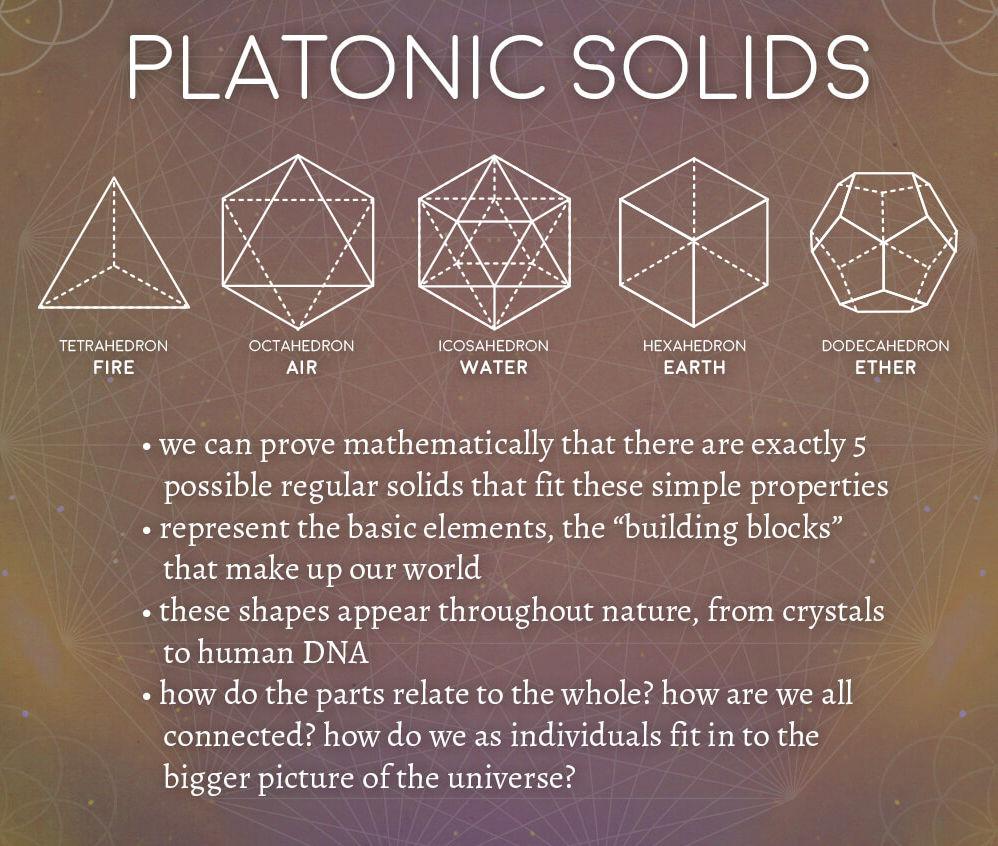I agree. Some on this forum are uncomfortable with the concept of Ideal Forms, because it's a non-empirical metaphysical notion. But then Mathematics is also abstract and intangible. For example, there are no numbers in the real world, only multiple things that can be counted by a rational Mind. And logical relationships are mental, not physical phenomena. Besides, the Greek word Mathema simply refers to knowledge in a mind, not to physical things in the world. Moreover, the Greek word Thema means the Idea of something, not the actual thing itself.Shawn;d15917 wrote:In your own view, what are The Forms, which Plato alluded to?
As I see it, the only way to perceive The Forms, is through mathematics. Thus, if one were to try and describe in mathematics, what Plato alluded to The Forms, then, would it be tantamount to the very mathematical identities which one encounters in the study of mathematics?
And yet, physical science has found metaphysical Mathematics to be useful, perhaps indispensable, for learning how the world works. And modern Math includes the concept of Zero --- symbolic of Nothingness or Absence --- which the ancient Greeks, including Aristotle, considered to be impractical, and even dangerously metaphysical --- in the sense of spookily unreal. Even so, we can see, with the mind's eye, a resemblance between real physical beauty and ideal metaphysical perfection, to which we may attach a number for relative perfection. {image below}
Moreover, the modern philosophical resistance to the very notion of Metaphysical Forms may stem from their implication of supernatural objects that can only be known subjectively via imagination. In fact, a common explanation for the theory of Forms is that they are Ideas, Concepts or Designs in the Mind of God. And that notion is, for some, unacceptably transcendent of material reality.
Yet, where in the material world can we find instances of Numbers & Mathematical Principles, except in a human mind? Likewise, abstract, in-corporeal, non-empirical Forms can only exist in an imaginative mind of some kind. And the God-Mind, or Form-Realm, could be viewed as simply a hypothetical locus of Forms such as Beauty, Perfection, Infinity, Zero, Unity & Multiplicity, that we can access only via rational inference, or idealization from empirical evidence, not by means of physical senses.
Plato's Theory of Forms, which posits a separate realm of perfect, eternal ideas or Forms, faces several criticisms. Some philosophers argue that it is too abstract, lacks empirical evidence, and raises logical problems in explaining the relationship between Forms and the imperfect world of appearances. Additionally, questions arise about the nature of Forms, their accessibility, and the implications for ethics and knowledge.
https://www.google.com/search?client=fi ... %27s+forms
IS IT REAL, OR IS IT A.I., OR IS IT IDEAL?

